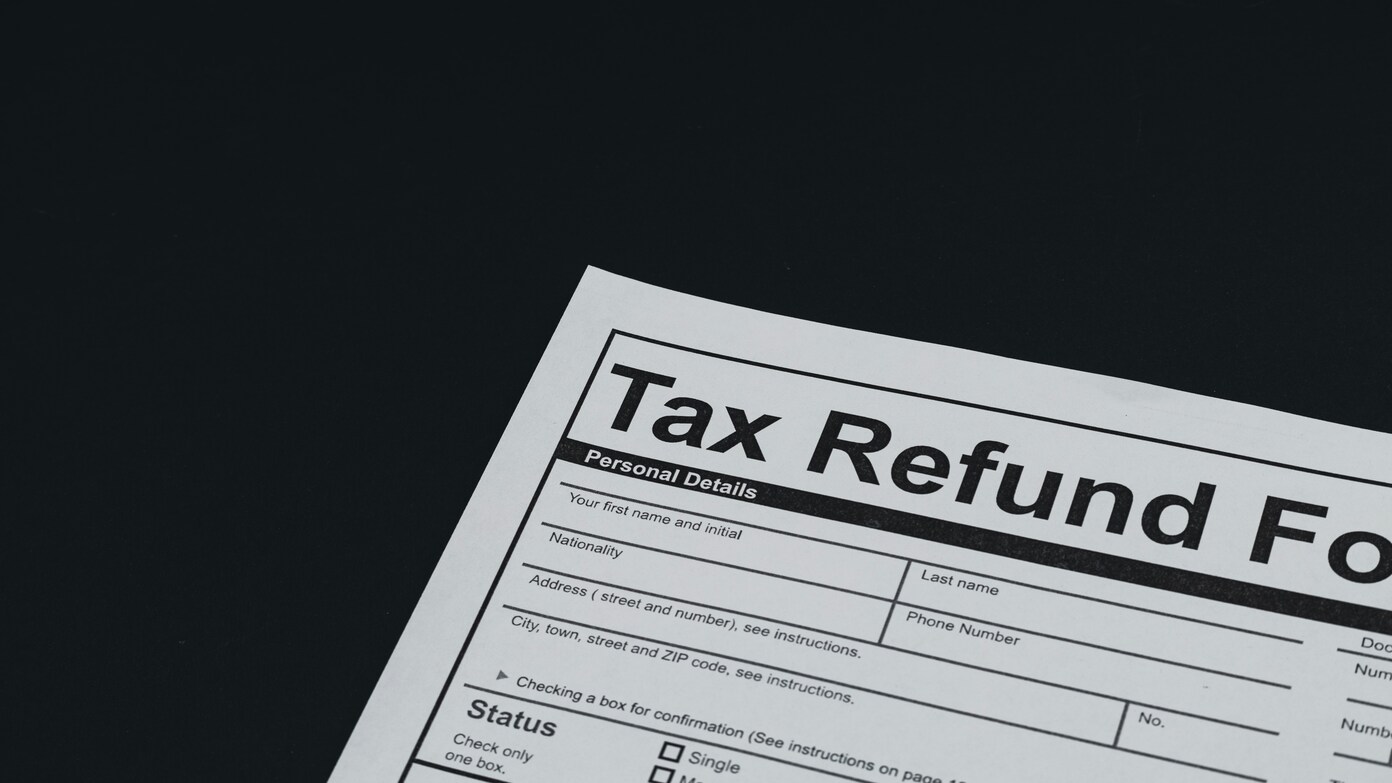Federal immigration authorities may soon gain access to Internal Revenue Service (IRS) data under a pending agreement that would allow them to verify the names and addresses of individuals suspected of being in the U.S. illegally, according to multiple reports.
Why it matters
Undocumented immigrants can legally file taxes and register with the IRS, which is generally required to keep their information confidential except in limited cases. However, a new arrangement between the IRS and Immigration and Customs Enforcement (ICE) could change that.
Border security and immigration enforcement remain key priorities for President Donald Trump, who has pledged to deport millions of undocumented immigrants, particularly those with criminal records. Since his return to office, ICE has ramped up arrests nationwide, sparking concerns that nonviolent migrants are also being targeted.
How the agreement would work
According to reports from The Washington Post and CNN, the agreement would allow ICE to submit names and addresses of individuals it suspects are undocumented to the IRS, which would then cross-check its records.
A spokesperson for the Department of Homeland Security (DHS) told Newsweek, “We cannot confirm this at the time.”
Normally, personal tax data—including an individual’s name and address—is confidential and protected by federal law. Unauthorized disclosure of tax information can result in civil and criminal penalties.
The IRS has long encouraged undocumented immigrants to file taxes, requiring them to share their addresses, employers, and earnings. In 2022, immigrants contributed approximately $96.7 billion in taxes at the federal, state, and local levels, according to the Institute on Taxation and Economic Policy.
Government push for IRS data
Earlier this year, CNN reported that DHS circulated a draft memo requesting the IRS to provide extensive details on suspected undocumented immigrants. A source familiar with the memo said it included the home addresses of several hundred thousand individuals who paid federal taxes using Individual Taxpayer Identification Numbers (ITINs).
For ICE to obtain taxpayer information, the request must be submitted by DHS Secretary Kristi Noem or acting ICE Director Todd Lyons. The request must also include the taxpayer’s name, address, and the date of their removal order, allowing the IRS to verify the details.
During a recent hearing in Washington, D.C., Justice Department attorney Andrew Weisberg stated, “There are ongoing discussions … about information sharing” between the IRS and DHS.
Concerns over taxpayer privacy
Democratic lawmakers have strongly criticized the proposed agreement, arguing that sharing taxpayer data with ICE could have far-reaching consequences for the economy and taxpayer privacy.
In a joint statement, Democratic Senators Alex Padilla, Catherine Cortez Masto, and Ron Wyden said:
“This weekend, it became clear that the Trump administration is finalizing plans to target and penalize people who are following federal law and contributing to our economy. This agreement between the IRS and DHS—if finalized—will have long-lasting and devastating implications on our economy, taxpayer privacy, immigrant communities, and the rule of law.
It’s past time for the Trump administration to make their plans public. The IRS and DHS must disclose the extent of this agreement and brief Congress immediately.”
Democratic Representative Jimmy Gomez also condemned the plan, stating:
“Weaponizing the IRS for immigration enforcement is bad policy and terrible economics. Using taxpayer data to target immigrants may violate federal privacy law. It also erodes trust in our tax system, drives billions of dollars in tax revenue underground, and does nothing to secure our border. The IRS must reject these attempts to abuse confidential and legally protected tax records—our economy and public services depend on it.”
Read this later: Bad news for COLA adjustment in 2026 – Increase will be 2.7% for Social Security checks, but with a condition for Medicare
Goodbye to this Social Security paperwork – Here’s the big change coming to SSA with phone banking coming soon
The maximum Social Security benefit of $5,108 is hard to get – Here’s what to do to get to a similar benefit another way
Retiree launches warning about additional WEP and GPO payments on Social Security checks: “Never thought they’d be repealed”
What happens next?
If finalized, this agreement would mark a significant change in how federal agencies collaborate on immigration enforcement. ICE could gain access to a broader dataset to identify and track undocumented immigrants who have complied with tax regulations.
As debate continues over the proposal, lawmakers and civil rights groups are pushing for greater transparency from the IRS and DHS. Meanwhile, immigrant communities remain on high alert, uncertain about how this policy could affect them in the future.

